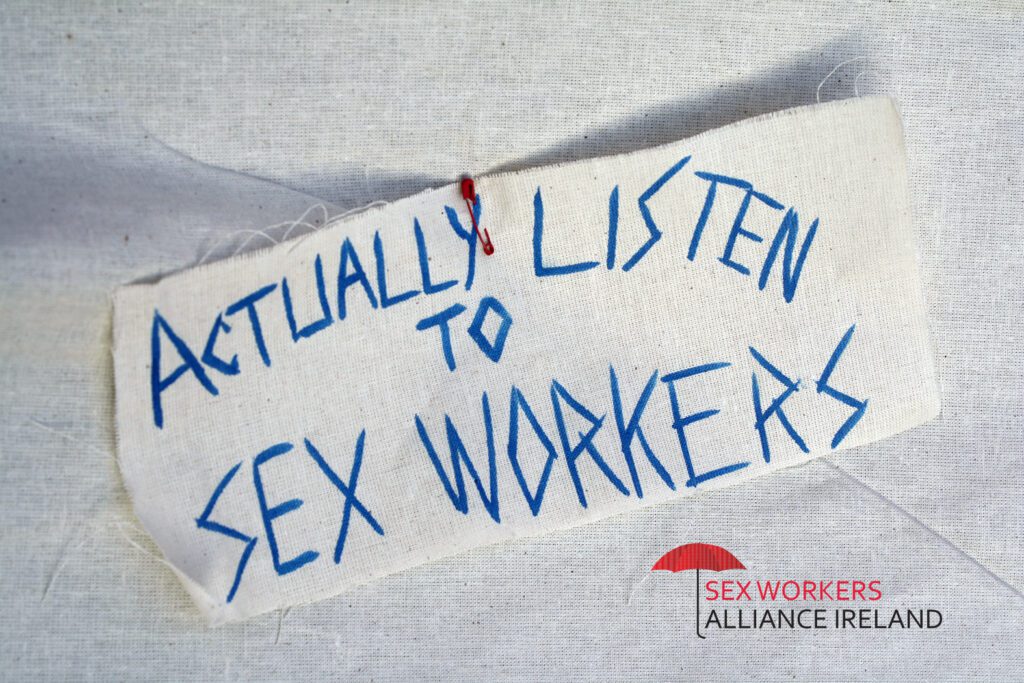"Among its findings, the review highlights challenges to the effective enforcement of the legislation in its current form, with An Garda Síochána and the Office of the Director of Public Prosecutions noting significant barriers. These include limited power of arrest for detention and questioning, the requirement of an admission of guilt, and challenges in prosecution due to the necessary ‘proofs’.It also finds that the ability to successfully support and protect is hindered by a lack of culturally appropriate support services including healthcare, social welfare, gender specific housing for women, and clear exit routes.The review also notes that the prevalence of human trafficking among those involved in the sale of sex in Ireland is not fully known, and the lack of reliable data is cited by both advocates for and opponents of section 7A."
It is saying that the police in Ireland find it difficult to prosecute men, it seems that without an admission of guilt nothing can happen to them. There have only been 15 convictions. It is saying that that exit strategies for women involved in prostitution are not there. It is saying that they have no idea whether trafficking has increased or decreased.
When it comes to demand, the key issue, the review does not say that demand has decreased. The nearest the review comes to answering this question is this paragraph:-
"Demand reduction and enforcement
The measurement of demand continues to be challenging due to the lack of official and/or independent statistics being consistently and uniformly collected. This is evident across all jurisdictions and is driven by the nature of conducting research in this area."
There may be other information about whether demand has increased but I haven't found it yet. I did find this though on this page:-
"Minister O’Callaghan added: “My key focus on this issue is to seek to reduce demand, protect those involved in the sex trade, and support those who wish to exit. “Regrettably, the Review highlights that despite the criminalisation of the purchase of sexual services, demand has not decreased. The Review points to recommendations to address this around awareness raising; these are mirrored in the Programme for Government and the Zero Tolerance Strategy. “In addition, certain recommendations will be considered in respect of law enforcement, and my officials are consulting with An Garda Síochána in this regard.” According to An Garda Síochána, the DPP had directed 161 prosecutions for the offence of ‘Payment etc. for Sexual Activity with a Prostitute’ from January 2017 up to August 2024. Over that period, our police service recorded 15 convictions under the legislation."
So it looks as if the introduction of the Nordic model in Ireland has been a failure.
go here to see Irish Legal News on the review
Demand has not decreased in the Irish Republic and in Northern Ireland the ban has had “minimal to no effect” on the market.
go here to see another legal view
go here to see Sex Workers Alliance Ireland on the review
go here to see my page on Ireland
